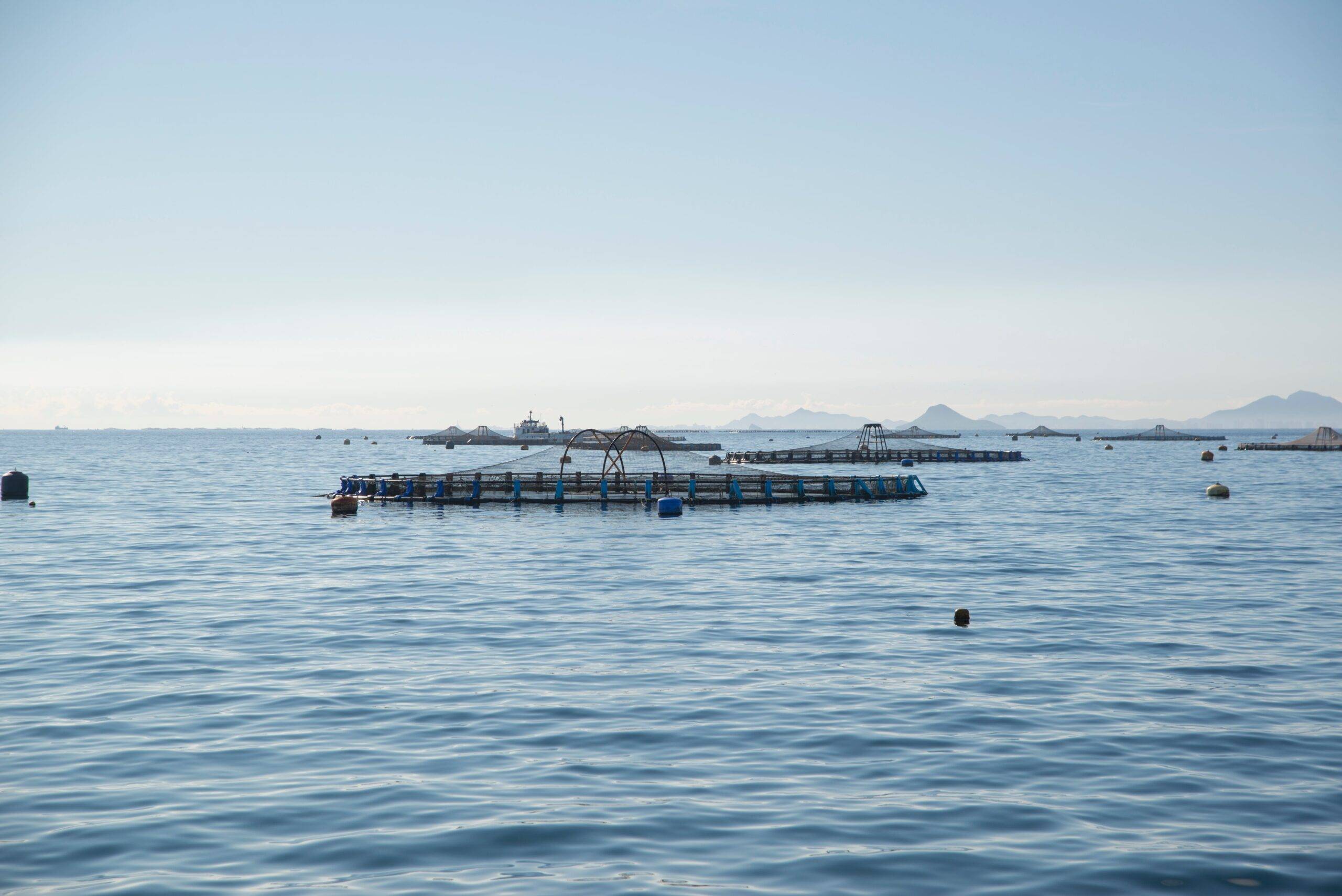Climate Smart Technologies for Resilience in Food Operations
Climate change is a significant global challenge that impacts various sectors, including agriculture and food production. To address the adverse effects of climate change on food operations, the adoption of climate smart technologies is essential. These technologies aim to enhance resilience, improve productivity, and mitigate environmental impacts in the food industry.
The Need for Climate Smart Technologies
The food industry is vulnerable to the impacts of climate change, such as extreme weather events, changing precipitation patterns, and rising temperatures. These factors can disrupt food production, distribution, and supply chains, leading to food insecurity and price volatility. To build resilience against these challenges, food operators need to integrate climate smart technologies into their operations.
Key Climate Smart Technologies
1. Precision Agriculture: Precision agriculture uses advanced technologies such as sensors, drones, and GPS to optimize crop management practices. By collecting real-time data on soil conditions, weather patterns, and crop health, farmers can make informed decisions to increase productivity and reduce resource use.
2. Vertical Farming: Vertical farming is a sustainable farming method that involves growing crops in vertically stacked layers, using controlled environments such as indoor hydroponic systems. This technology allows food operators to produce fresh, high-quality crops year-round, regardless of external climate conditions.
3. Blockchain Technology: Blockchain technology enables transparent and traceable supply chains by recording every transaction and movement of food products. This technology enhances food safety, reduces fraud, and improves trust among consumers.
4. Renewable Energy: The integration of renewable energy sources, such as solar panels and wind turbines, can help food operators reduce their carbon footprint and energy costs. By generating clean energy on-site, food operations can become more sustainable and resilient to energy disruptions.
Financial Impact of Climate Smart Technologies
The adoption of climate smart technologies in food operations can have significant financial benefits. For example, precision agriculture can lead to higher crop yields, reduced input costs, and increased profitability for farmers. Vertical farming can also result in lower transportation costs, less water usage, and higher profit margins.
According to industry data, the global market for climate smart technologies in agriculture is projected to reach $10 billion by 2025, with a compound annual growth rate of 15%. This growth is driven by increasing awareness of climate change impacts, government incentives for sustainable practices, and consumer demand for eco-friendly products.
Companies Leading the Way in Climate Smart Technologies
Several companies are at the forefront of developing and implementing climate smart technologies in food operations. One notable example is AeroFarms, a vertical farming company that uses aeroponic technology to grow leafy greens in urban environments. AeroFarms has raised over $100 million in funding and operates multiple indoor farms across the United States.
Another leading company is IBM Food Trust, a blockchain platform that enables food operators to track and trace the journey of food products from farm to fork. IBM Food Trust has partnered with major retailers and suppliers to improve food safety, reduce waste, and enhance transparency in the supply chain.
Conclusion
In conclusion, climate smart technologies play a crucial role in enhancing resilience and sustainability in food operations. By adopting precision agriculture, vertical farming, blockchain technology, and renewable energy, food operators can mitigate the impacts of climate change, improve efficiency, and meet consumer demands for eco-friendly products. With the growing market for climate smart technologies and the success stories of leading companies, it is clear that investing in these technologies is not only beneficial for the environment but also for the bottom line.




